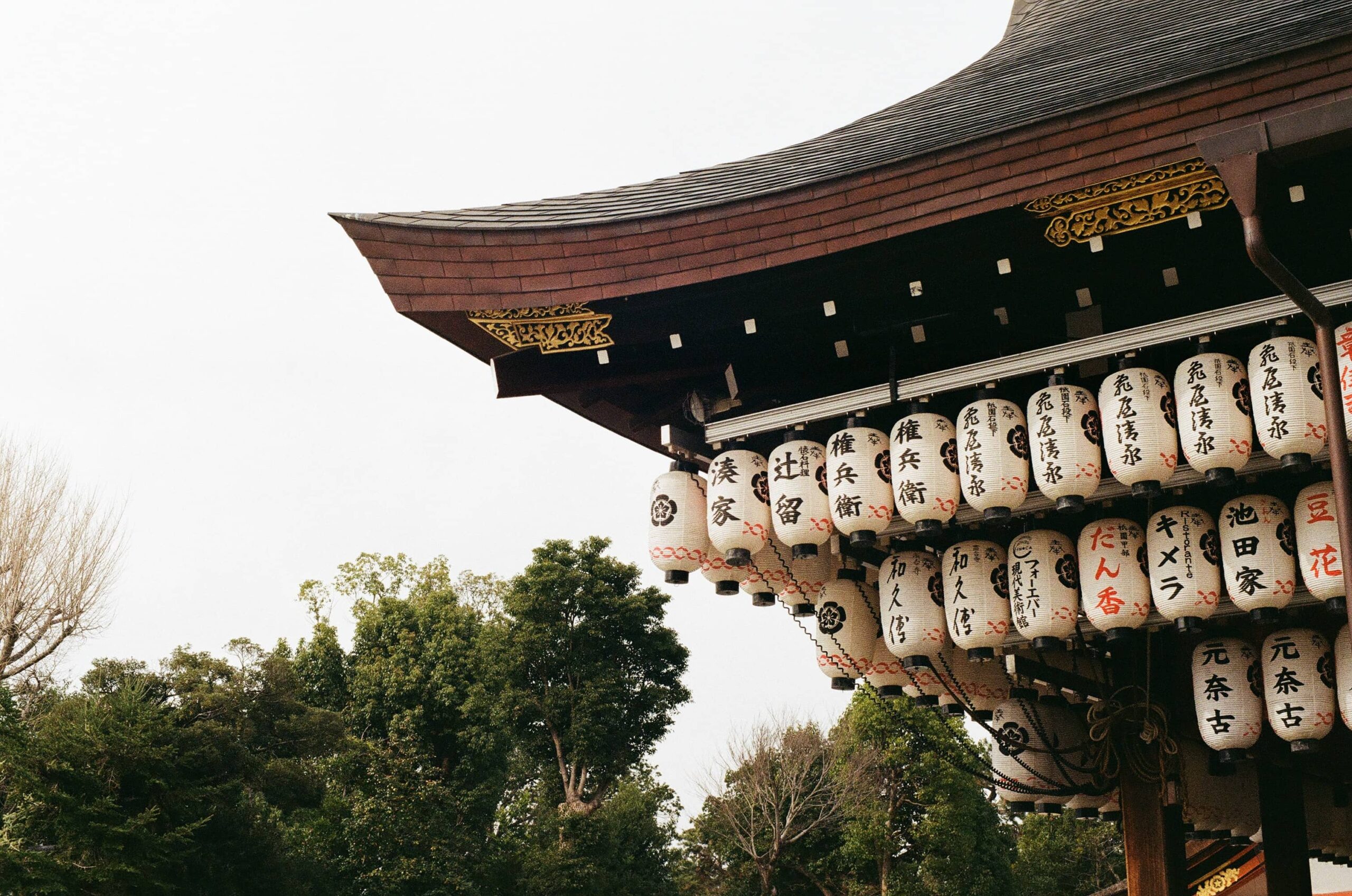To appreciate something is to, first, understand it deeply. It is to embrace the experience with little reservation and to find meaning in the subtleties. Although many people have a preconceived notion of what Japanese culture is, the nuances, when you take the time to notice them, are what make it so special.
It takes time to learn about a culture and, most of the time, one can never learn absolutely everything there is to know. There are always new discoveries to be made, new stories to hear, new experiences to be had. Traveling to Japan this year was different from last because I wasn’t as distracted by the novelty of it. Instead, I took the time to observe, to savor, and to appreciate.
Japanese people are polite yet warm, dutiful yet respectful, and conservative yet creative. Living in a time when our heads are buried in our phones and our minds are buried in our own thoughts, we can easily neglect the value of connecting. One morning, I was hiking up a path in the countryside where traditional Japanese homes lined the way. There was an older couple sitting on their patio in small wooden chairs. Somehow, it was evident to me that they didn’t speak English and likely evident to them that I didn’t speak Japanese. As I walked by, I waved and smiled. Without saying a word, they charmingly mirrored the greeting and smiled sweetly. An exchange as simple as that reminded me of the beauty of connection.
In Japan, public garbage cans are pretty well nonexistent. Despite this, it is one of the cleanest countries in the world because no one discards their garbage on the street. Instead, locals carry their garbage with them all day to finally dispose of at home.
In most traditional restaurants in Japan, you will find only one type of cuisine offered. Perhaps tempura, unagi, and nigiri are all familiar names to us. However, having them prepared by Japanese natives where only the finest ingredients are used is truly something else. Compared to the western world, the menus in Japan are typically very small, offering less than a handful of options. The reason is that the chefs spend their lives mastering the art of one type of food. They dedicate themselves to be specialists in their craft, to achieve precision, and to demonstrate that quality ingredients paired with masterful technique are invincible in the culinary world. Behind the most humble shops lie the most precious offerings. Their pride doesn’t come from accolades, but from the honor of a lifetime of good work. And when they can work no more, their wisdom is passed on to the next generation so that the pursuit of perfection never ends.
 Kyoto
KyotoAt the farmer’s market, I noticed that most of the booths were run by elderly vendors. The rich expression in their voices conveyed how wholeheartedly they believed in their offerings. To them, it was as though business wasn’t about making a buck. Rather, it was about sharing the food’s story with anyone that would stop to listen.
While there were many incredible foods that left an impression on me, a few stood out amongst the rest. These were: milk from Hokkaido, black sesame from a market in Kyoto, and fresh toro and uni from a shop just outside of the Osaka fish market. The Japanese renditions of these ingredients embody a distinct richness and intensity of flavour that I haven’t found elsewhere. When you taste it, it’s as if you can taste the care that was taken in order to bring the ingredient from its source to your plate.
Beyond the well-recognized anime world that Japanese culture is often known for, I believe that there is something deeper that gives Japan its identity. Humility, dedication, refinement, and hard-work are, in fact, what shape this iconic culture. In a nation where everything is treated with reverence, it nudges you to adopt a similar attitude, even if you are just a foreigner passing by.
From this experience, I learned to take notice, take time, and take pride. Take notice of the small things, it is in these small things that we find the greatest value.
Take time to be mindful, to appreciate, and to nurture yourself and others. Take pride in your work, in everything that you do, and honour yourself by fulfilling your own potential.